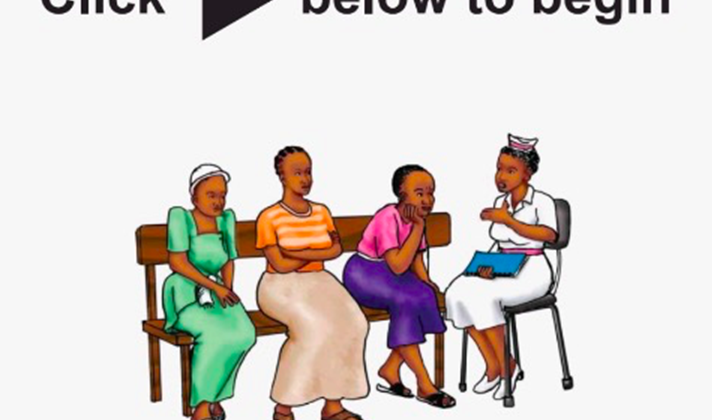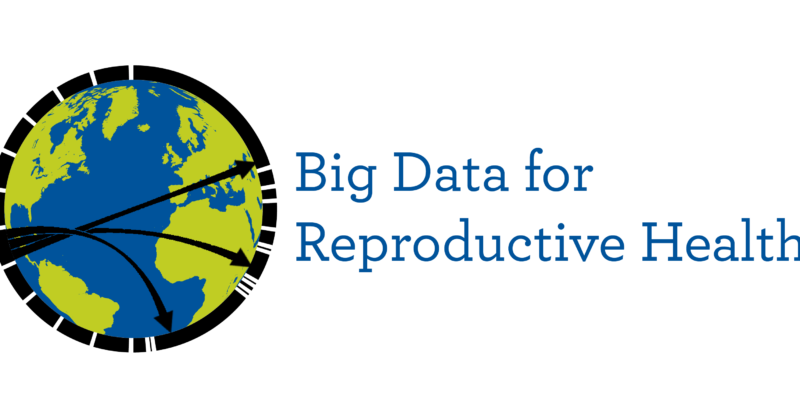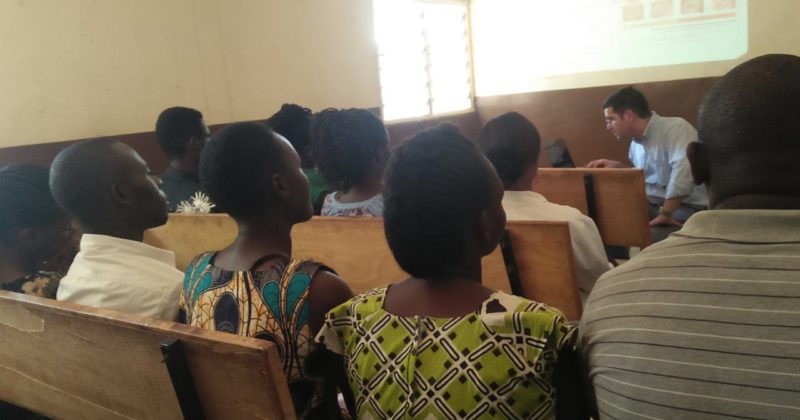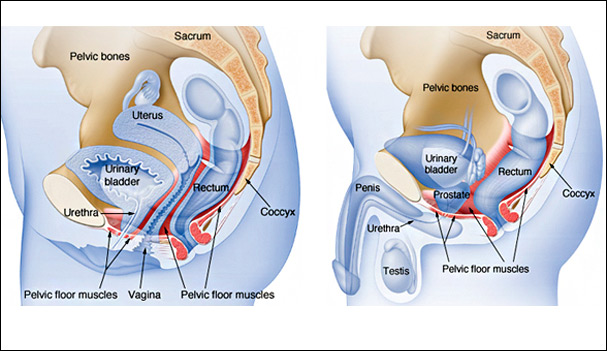
Introducing the New mSaada Mobile App for Community Health Volunteers
Guest Blog by Catie Grasse Meaning "help" in Swahili, the mobile "saada" application aims to improve the efficacy and efficiency of community health volunteers screening patients for cervical cancer in Kisumu, Kenya. This project is the extension of a previous project for the Duke class CS408: Delivering Software to Client, which pairs student developers and designers with a client team to build a specialized application. The mSaada developer team is composed of four Duke seniors: Our designer, Rachel Settle is a Computer Science major, Visual Media Studies minor, and pursuing the Information Science certificate. Working on the user experience is Carly Levi, a senior studying Computer Science and Global Health who is particularly interested in women's and reproductive health and hopes to use her background in technology to come up with effective interventions around the world. Focusing on the back-end database design is Catie Grasse, a senior majoring in Computer Science and minoring in Visual Media Studies. Also working on the...








